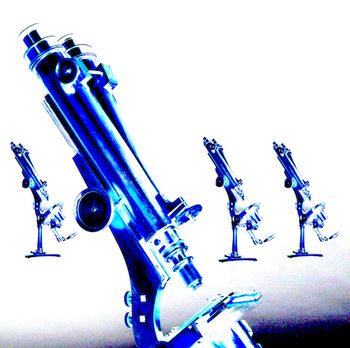
Because a fifth of all microbiology technologists will reach retirement by 2022, laboratories will need new tools to multiply their labor.

Because a fifth of all microbiology technologists will reach retirement by 2022, laboratories will need new tools to multiply their labor.


Investigators used 500K images to hone the game-changing technology.

In a groundbreaking study, researchers found that high-definition brain modeling, backed by machine learning technology, can beat out traditional models in evaluating potential therapies.
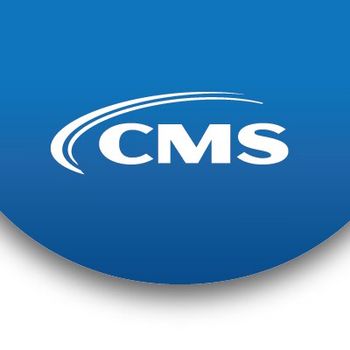
Through her national listening tour, Seema Verma has also found that regulatory burden is impeding care.
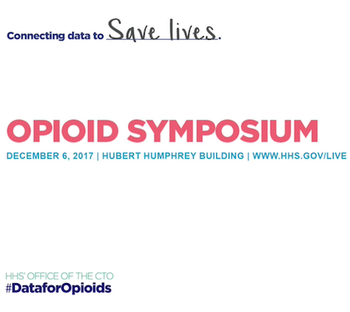
“We need to transform our clinics into research labs. We need high-value data from every single patient visit.”
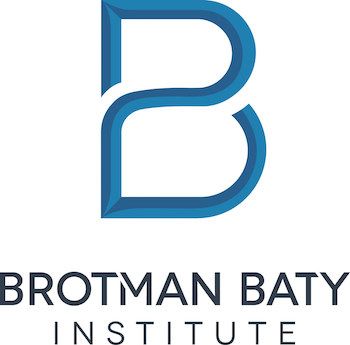
Costco co-founder Jeffrey Brotman died in August, but friend says the new institute will be a lasting treatment to his generosity.
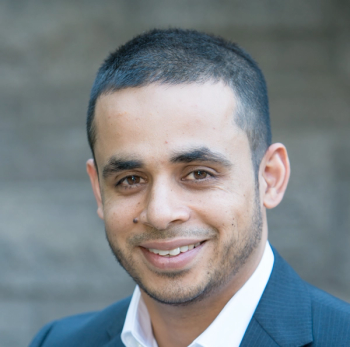
An enterprise master patient index can help a health organizations better understand their populations, but they may want some help in setting one up.

The platform is burning. Those health systems that see that and create strategies to get the data and insights that they need are going to be the winners.
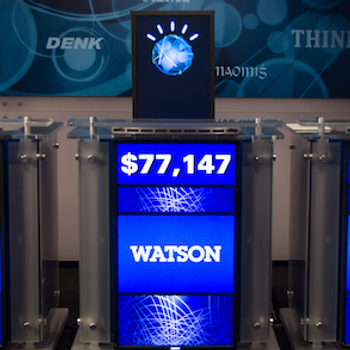
And they highlighted the promise of real-world data and machine learning to answer tough clinical questions.
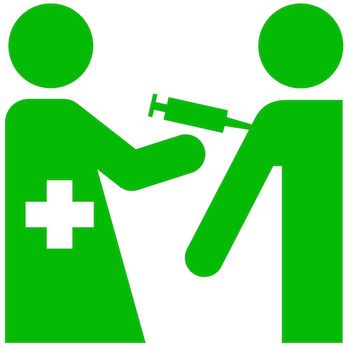
Company claims predictive algorithms can show a vaccine's efficacy in a given region in under 2 minutes.

The agency will give up to 25 small teams access to extensive federal, state, and local data. Winning teams will receive a $10,000 prize.

The proposed Aetna takeover would put massive data and influence at its fingertips. It's just another step in CVS's long, deliberate march through healthcare.

The Pentagon is hoping to provide relief to soldiers with chronic depression or PTSD through the use of implantable electrodes.
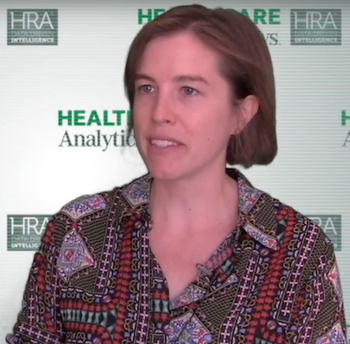
“There's a wonderful opportunity for computational biologists and people with computer science backgrounds to have an impact on experimental immunology."
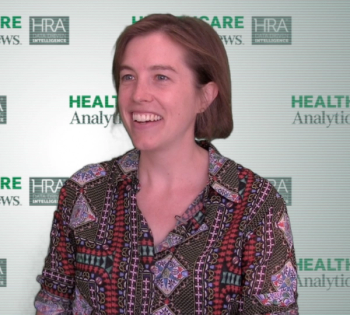
Genomic research, according to Miraldi, is a big data problem, and one that can continually offer insight and inspiration.

The health IT company won its second and third federal contracts of the year.

Even as analytics reshape the healthcare industry, a lot of data is left unusable because they aren’t recorded in a readable format. A new collaboration could change that.
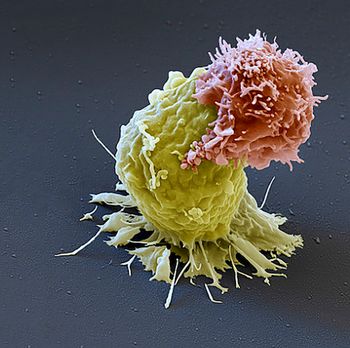
As therapies like Kymriah and Yescarta transform medicine, how can hospitals take advantage of analytics to improve processes and patient outcomes?
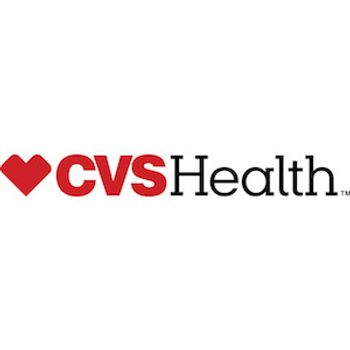
Why the health giant wants to alert customers in the doctor’s office and at the pharmacy.
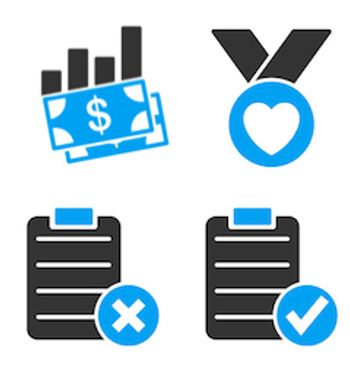
To increase value, doctors need to de-adopt procedures that provide little of it. A new study found that they have ample room for improvement.

Several studies have used AI to detect mental health conditions from social media activity. Now, Facebook has announced it is implementing interventions.

As the importance of big data in healthcare grows, so too will the market for cloud computing services.
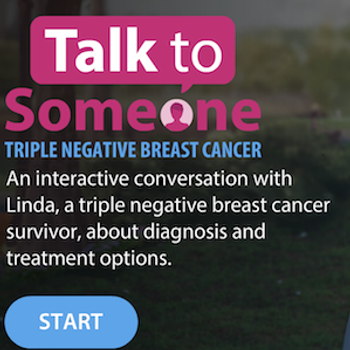
The CDC thinks artificial intelligence can persuade people with breast cancer to pursue chemotherapy.

As 2017 winds to a close, here’s a look back at a half-dozen particularly illuminating discussions about analytics, AI, the opioid crisis, and more.